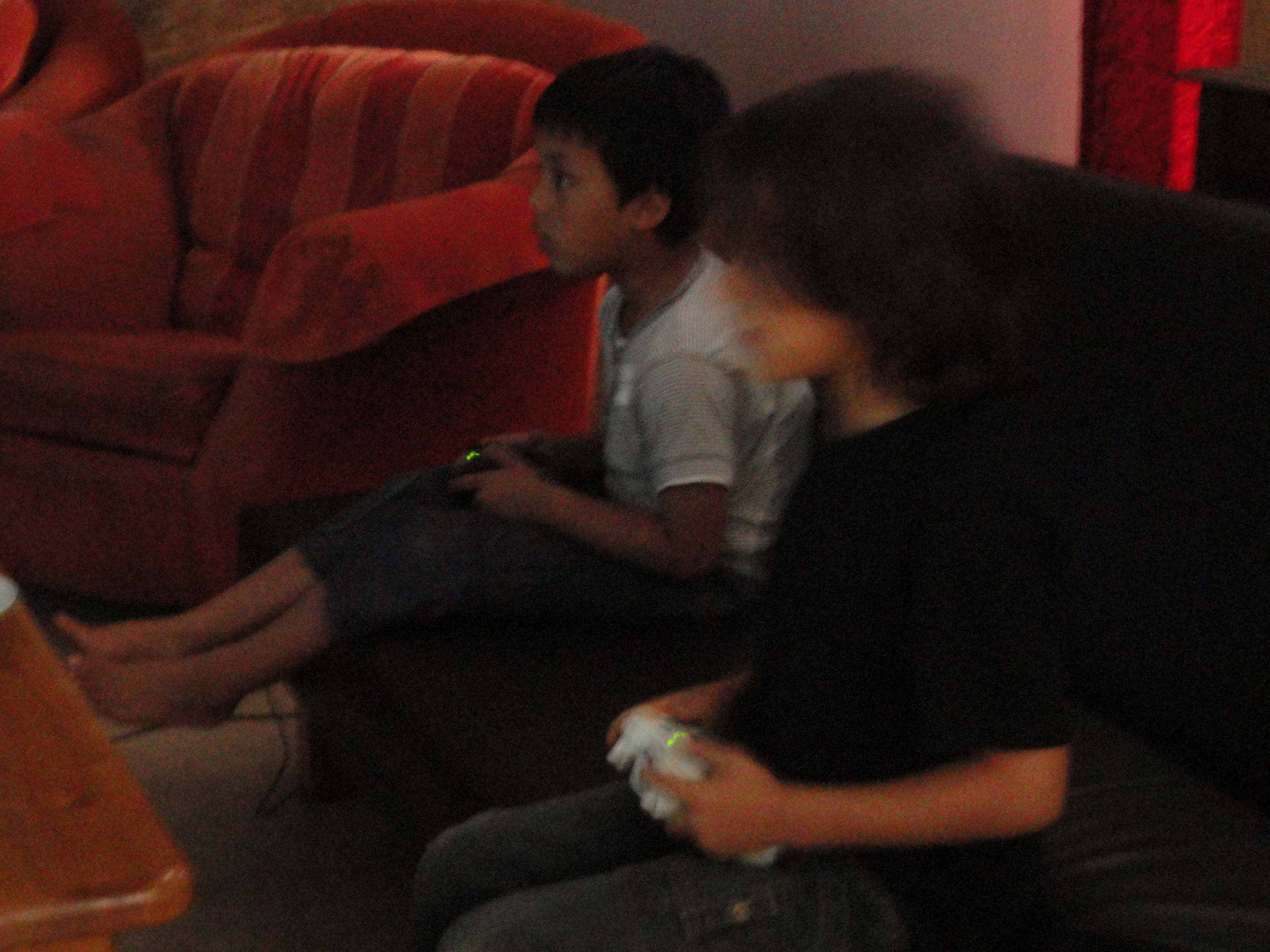If people learn to use "learn" instead of "teach," it helps them move to another angle, to see things through a different lens.
Some people see experienced unschoolers ("experienced" meaning in this context people who have done it well and effortlessly for years, who aren't afraid anymore, who have seen inspiring results) mention classes, and they think "Ah, well if the experienced unschoolers' kids take classes, then classes are good/necessary/no problem."
But if beginners don't go through a phase in which they REALLY focus on seeing learning outside of academic formalities, they will not be able to see around academics. If you turn away from the academics and truly, really, calmly and fully believe that there is a world that doesn't revolve around or even require or even benefit from academic traditions, *then* after a while you can see academics (research into education, or classes, or college) from another perspective.
Learning to See Differently
photo by Rosie Moon



































